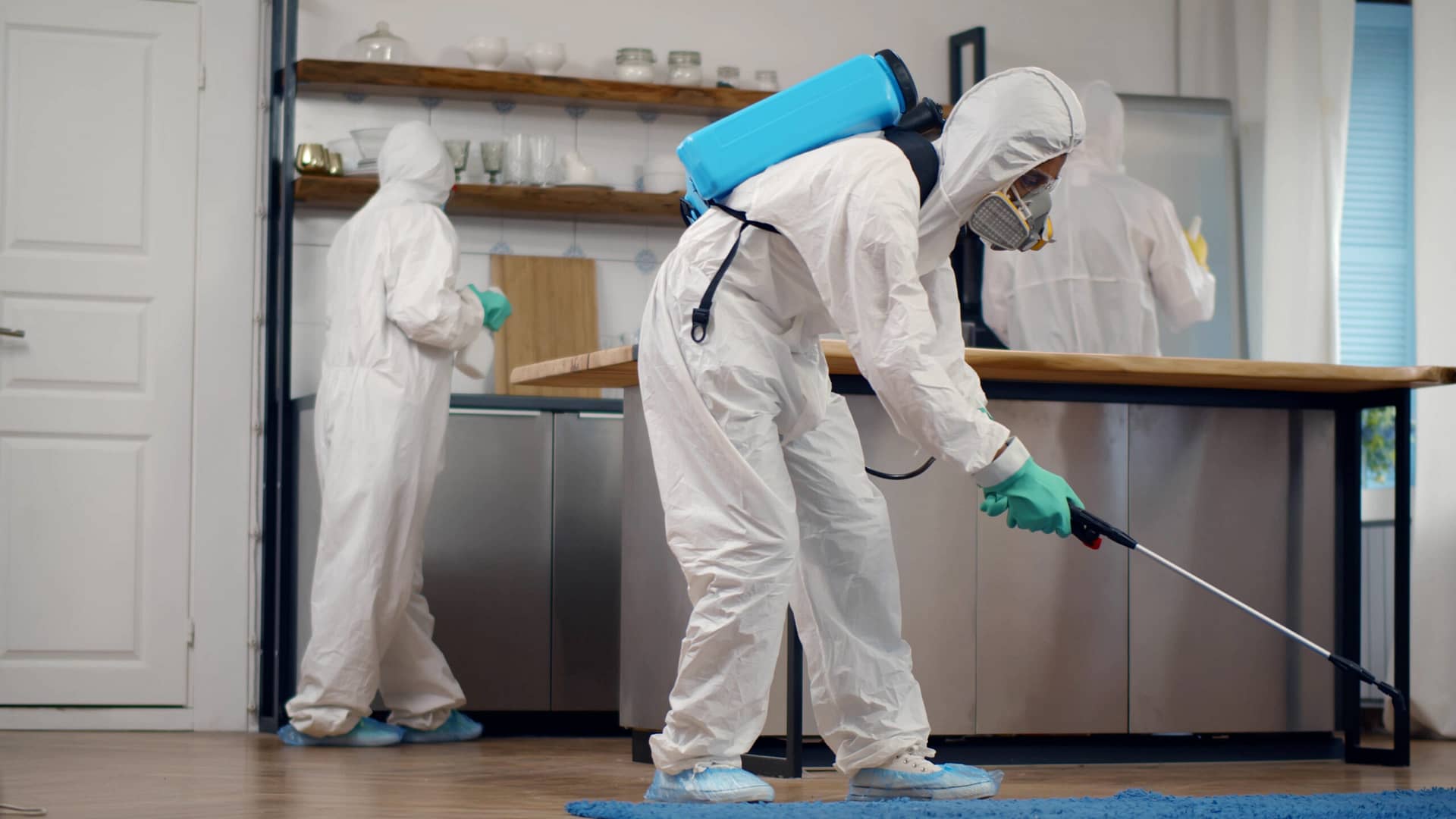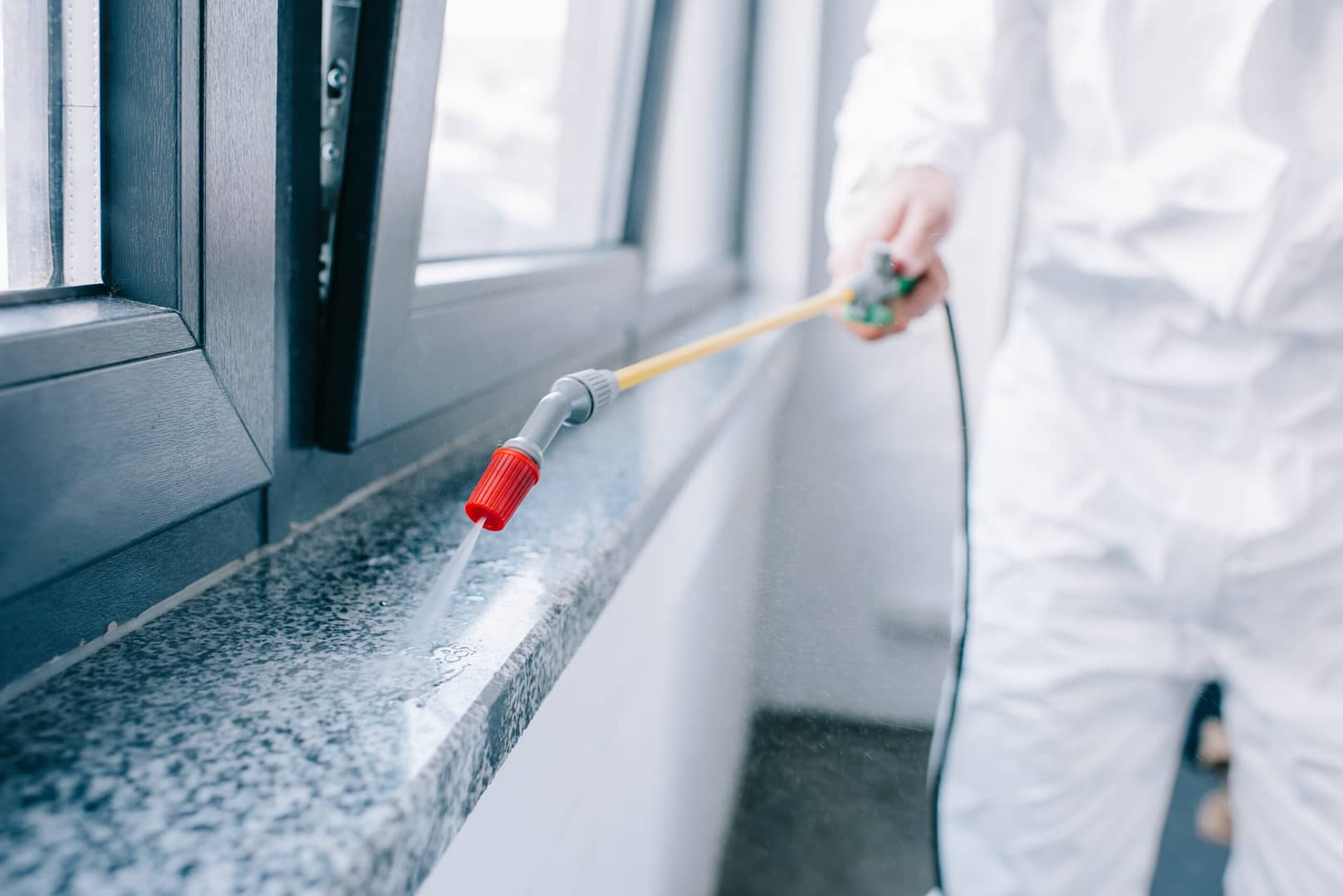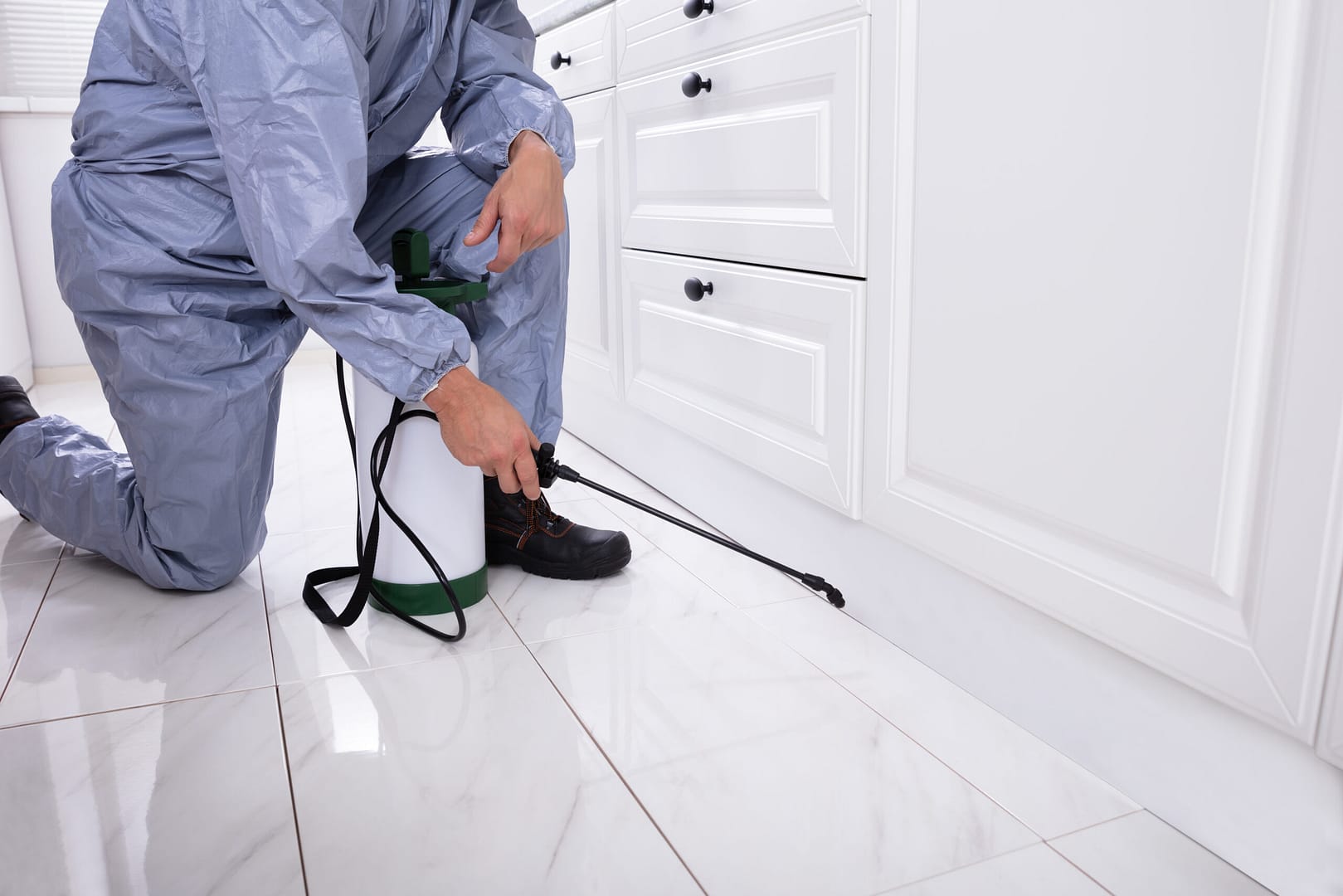Pest Control Marketing: Swarm Your Local Market with Digital Marketing Ideas


Pest Control Marketing and Paid Advertising
Social media marketing is a cost-effective way to promote your pest control business and reach out to potential customers. By creating engaging pest control content and building a loyal following on platforms like Facebook and Instagram, you can establish your brand authority and promote your services.
Paid advertising is another effective way to get your pest control business in front of potential customers. With the right targeting, you can reach people who are actively searching for “pest control near me” or “top pest control companies.”
PPC: Google Ads and Facebook Ads
Pay Per Click (PPC) is an online advertising model in which advertisers pay a fee each time one of their ads is clicked. When managed by a marketing company with expertise in pest control advertising, the marketing dollars spent are a fraction of the revenues they produce.
Google Ads and Facebook Ads are two popular paid advertising platforms that allow you to create campaigns for pest control services; these ads that appear on search engines and social media platforms.
Google Ads allows you to create ads that appear on Google search results pages. These online ads can be targeted to specific keywords, locations, and demographics. Facebook Ads allows you to create ads that appear on Facebook and Instagram. These ads can be targeted to specific demographics, interests, and behaviors.
Your marketing team at Local Splash will help you choose the right targeting options and write compelling ad copy that will entice people to click on your ad. Both Google Ads and Facebook Ads offer tracking and adjustment of campaigns, allowing you to see how many clicks and conversions your ads generate and adjust your targeting and ad copy accordingly.
In conclusion, marketing and advertising are both important for promoting your pest control business online. Social media marketing is a cost-effective way to build brand awareness and engage with customers, while paid advertising allows for targeted outreach to potential customers. By combining both strategies, you can establish your authority as the best pest control service in your market and promote your services effectively.

Pest Control Website Optimization: Local SEO, UX and Mobile
Having a well-optimized website is crucial for attracting and retaining customers. In this section, we will discuss some key strategies for optimizing your pest control website to improve your online presence and drive more business.
Local SEO Strategies
Search engine optimization (SEO) is the process of optimizing your website to rank at the top of the search results in Google and Bing. Having your business appear in the search engine results pages (SERPs) for relevant services in your local area will help your business find customers who need your services. Increased visibility is a good outcome for any pest control SEO campaign but the real metric is finding home service customers and increasing your pest control sales.
Here are some key SEO strategies to consider:
- Conduct keyword research to identify relevant keywords and phrases to target on your website
- Optimize your website content, including titles, meta descriptions, and header tags, with your target keywords
- Create high-quality, informative content that addresses your customers’ needs and interests
- Build high-quality backlinks from relevant, authoritative websites to improve your website’s authority and credibility
Search marketing allows you to increase your online visibility and reach a wider audience. Your website is a property you fully control but you can also optimize on other platforms like Google Business Profile (formerly Google My Business). By optimizing your website for search engines and using targeted digital advertising, you can ensure that your business is visible to potential customers when they search for your services online.

Providing a positive user experience (UX) is essential for keeping visitors on your website and encouraging them to take action, such as contacting you for pest mitigation. Here are some key UX strategies to consider:
- Ensure your website is easy to navigate and has a clear, intuitive layout
- Use high-quality images and videos to showcase your services and team
- Include clear calls-to-action (CTAs) throughout your website to encourage visitors to contact you or request a quote
- Make sure your website loads quickly and is mobile-friendly
Online marketing can benefit your business in various ways, including customer engagement and retention. It also helps build brand awareness and establish credibility in the industry by creating valuable content, engaging with customers on social media, and using targeted advertising.
Mobile Optimization
People using their smartphones to search for local businesses is omnipresent, so if a customer lands on your site and they cannot navigate it from their phone, they click to your competitors. Having a website is essential and it also must be mobile-optimized to attract and retain customers.
Here are some key mobile optimization strategies to consider:
- Use a responsive design that adapts to different screen sizes and devices
- Optimize your website content and images for mobile devices to ensure fast load times
- Make sure your website is easy to navigate and use on a mobile device, with clear CTAs and easy-to-read text
- Consider implementing mobile-specific features, such as click-to-call buttons and mobile-friendly forms
By implementing these website design strategies, you can improve your online presence, attract more customers, and grow your pest control business.
Digital marketing can also help you generate cost-effective leads. By using targeted advertising and optimizing your website for conversions, you can attract high-quality leads that are more likely to convert into paying customers. This can save you money compared to traditional marketing methods, which can be costly and may not produce the same results.
In conclusion, operating successful digital marketing campaigns is essential for any business that wants to stay competitive and find more customers for your pest control business. By increasing your online visibility, generating cost-effective leads, building brand awareness, and engaging with customers, you can grow your business and attract new customers. Finding an experienced marketing partner like Local Splash that’s expert in every digital marketing platform can be a make or break scenario for being successful.
Pest Control Digital Marketing Essentials
In conclusion, marketing has become an essential tool for pest control companies to grow their business and connect with their target audience. Success in pest control marketing depends on the expertise of marketing experts working to help you grow. By implementing the right digital marketing strategies from Local Splash, you can build trust, increase brand awareness, and drive more leads and sales.
One of the most effective strategies is search engine optimization (SEO), which involves optimizing your website and content to rank higher in search engine results pages. This can help potential customers find your business when they are looking for pest control specialists online.
Another important strategy is social media advertising and marketing your pest control brand, which can help you engage with your audience, share valuable content, and promote your services. By creating a strong social media presence, you can build brand loyalty and attract new customers.
Finally, it’s important to focus on local SEO, which involves optimizing your website and content for local search terms and directories. This can help you attract more local customers and increase your visibility in your target market.
Overall, by implementing pest control marketing services, you can take your business to the next level and achieve long-term success.


Grow Your Business with Local Splash
Digital marketing in the pest control industry is a balance of showcasing your expertise, building trust, and ensuring visibility. With the right strategies, tools, and partnering with a pest control digital marketing agency like Local Splash, your business can be the go-to expert in your service area and solidify its reputation. Contact us today to speak with one of our friendly consultants. We have options for every marketing budget, let’s get in touch!
FAQs
How can I increase my online presence for my pest control business?
To increase your online presence for your pest control business, you can start by creating a website and optimizing it for search engines. You can also create profiles on social media platforms like Facebook, Twitter, and Instagram. Consistently posting high-quality content and engaging with your followers can help you build a strong online presence.
What are some effective digital marketing strategies for pest control companies?
Some effective digital marketing strategies for pest control companies include search engine optimization (SEO), pay-per-click (PPC) advertising, email marketing, and social media marketing. These strategies can help you reach your target audience and generate more leads for your business. Local SEO and PPC can help drive more business to your pest control company and increase your online visibility.
How can I use social media to promote my pest control services?
To use social media to promote your pest control services, you can start by creating profiles on popular platforms like Facebook, Twitter, and Instagram. You can then share educational content, customer testimonials, and promotions to engage with your followers and attract new customers. It’s important to consistently post high-quality content and respond to customer inquiries in a timely manner.
What are some ways to improve my website's search engine ranking for pest control keywords?
To improve your website’s search engine ranking for pest control keywords, you can start by conducting keyword research and optimizing your website’s content and metadata for those keywords. You can also build high-quality backlinks to your website from other reputable websites in the pest control industry.
How do I track the success of my digital marketing efforts for pest control?
To track the success of your digital marketing efforts for pest control, you can use tools like Google Analytics to monitor website traffic, conversion rates, and other key performance indicators. You can also track the performance of your social media campaigns and email marketing campaigns using built-in analytics tools.
What are some common mistakes to avoid in marketing a pest control business?
Some common mistakes to avoid in pest control digital marketing include using irrelevant keywords, neglecting to optimize your website for mobile devices, failing to engage with your social media followers, and not tracking the performance of your campaigns. It’s important to stay up-to-date with the latest digital marketing trends and best practices to avoid making costly mistakes.

